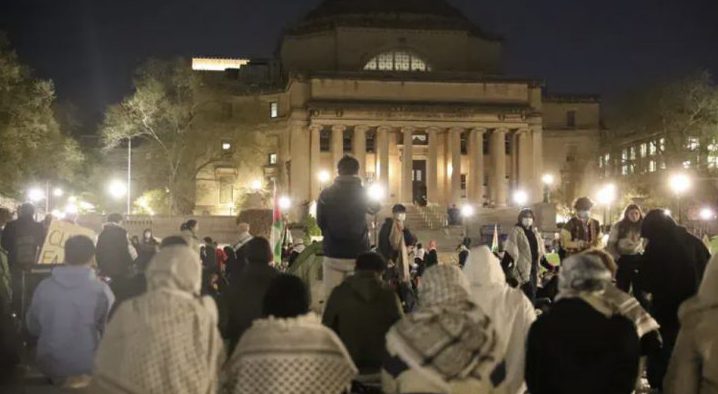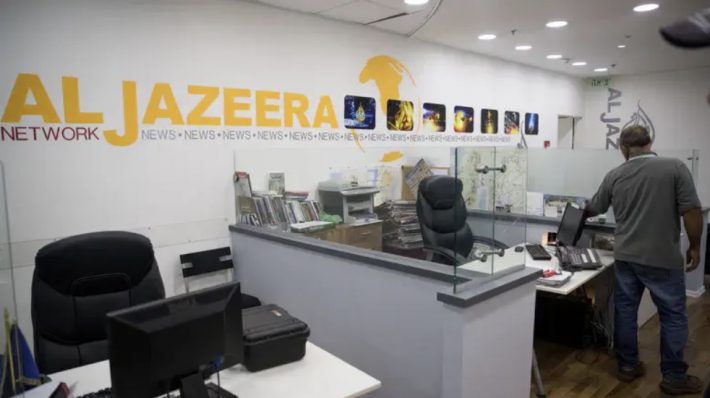Former Columbia University president Katrina Armstrong will return as CEO of the university’s medical center in June, after taking a sabbatical following a controversial deposition in which she failed to recall antisemitic incidents documented in Columbia’s own report.
Dr. Katrina Armstrong, former interim president of Columbia University, is set to return to her position as CEO of Columbia’s medical center in June, just weeks after announcing a sabbatical, The Washington Free Beacon reported.
The move comes amid ongoing backlash over her testimony to a White House antisemitism task force and rising campus tensions linked to antisemitic incidents.
Armstrong stepped down as interim president and took a sabbatical shortly after her April deposition, during which she failed to recall any specific antisemitic incidents on campus—despite their documentation in Columbia’s own antisemitism report.
“I have no specific memory,” Armstrong told the task force, when asked about anti-Israel activists calling for Israel’s destruction. She also claimed she could not recall reports that Jewish students had been spat on, or that a faculty member had described Jewish donors as “wealthy white capitalists” laundering “blood money.”
The university, responding to a media inquiry about the deposition, announced Armstrong’s sabbatical “to spend time with her family.” Her return, however, was always expected. A university spokeswoman confirmed to the Free Beacon that Armstrong “remains on sabbatical,” and emphasized that “her contributions to medical education and research at Columbia are deeply valued.”
Armstrong’s return comes at a critical juncture for Columbia, which is under scrutiny from the Trump administration over its handling of antisemitism. Last week, more than 80 anti-Israel protesters—including a Barnard College employee—were arrested after seizing a campus library and injuring two public safety officers.
The Trump administration recently decided to withhold $400 million in federal funding from the university unless it demonstrates meaningful action against antisemitism on campus.
Weeks after the Trump administration announced the funding cut to Columbia, the university announced a series of reforms, including placing the university’s Middle East studies department under new oversight, revising protest and student discipline policies, and adopting a new definition of antisemitism.
Columbia also pledged to promote “intellectual diversity” by expanding its Institute for Israel and Jewish Studies.
Last week, however, Columbia announced a significant reduction in staff, cutting approximately 180 positions, citing the administration’s federal funding cuts. The majority of those affected are employed in academic research roles tied to the now-threatened federal grants.Columbia also pledged to promote “intellectual diversity” by expanding its Institute for Israel and Jewish Studies.
Last week, however, Columbia announced a significant reduction in staff, cutting approximately 180 positions, citing the administration’s federal funding cuts. The majority of those affected are employed in academic research roles tied to the now-threatened federal grants.





